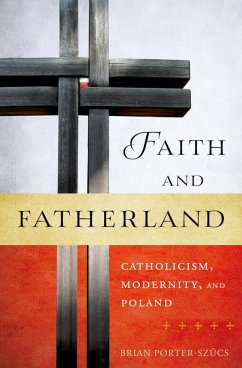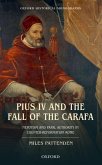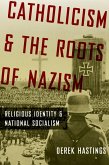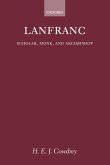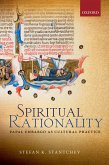Jesus instructed his followers to "love your enemies, do good to those who hate you, bless those who curse you, pray for those who mistreat you" (Luke 6:27-28). Not only has this theme long been among the Church's most oft-repeated messages, but in everything from sermons to articles in the Catholic press, it has been consistently emphasized that the commandment extends to all humanity. Yet, on numerous occasions in the twentieth century, Catholics have established alliances with nationalist groups promoting ethnic exclusivity, anti-Semitism, and the use of any means necessary in an imagined "struggle for survival." While some might describe this as mere hypocrisy, Faith and Fatherland analyzes how Catholicism and nationalism have been blended together in Poland, from Nazi occupation and Communist rule to the election of Pope John Paul II and beyond. It is usually taken for granted that Poland is a Catholic nation, but in fact the country's apparent homogeneity is a relatively recent development, supported as much by ideology as demography. To fully contextualize the fusion between faith and fatherland, Brian Porter-cs-concepts like sin, the Church, the nation, and the Virgin Mary-ultimately showing how these ideas were assembled to create a powerful but hotly contested form of religious nationalism. By no means was this outcome inevitable, and it certainly did not constitute the only way of being Catholic in modern Poland. Nonetheless, the Church's ongoing struggle to find a place within an increasingly secular European modernity made this ideological formation possible and gave many Poles a vocabulary for social criticism that helped make sense of grievances and injustices.
Dieser Download kann aus rechtlichen Gründen nur mit Rechnungsadresse in A, B, BG, CY, CZ, D, DK, EW, E, FIN, F, GR, HR, H, IRL, I, LT, L, LR, M, NL, PL, P, R, S, SLO, SK ausgeliefert werden.

